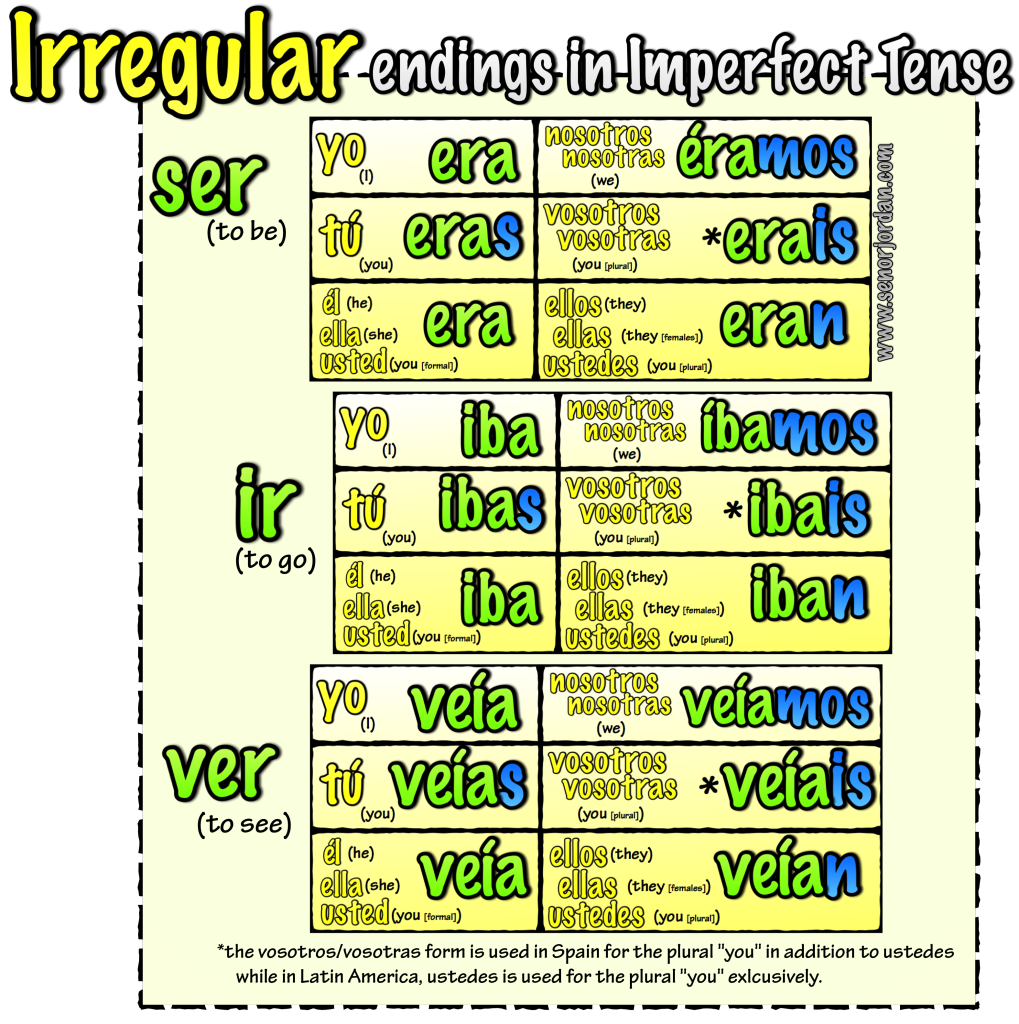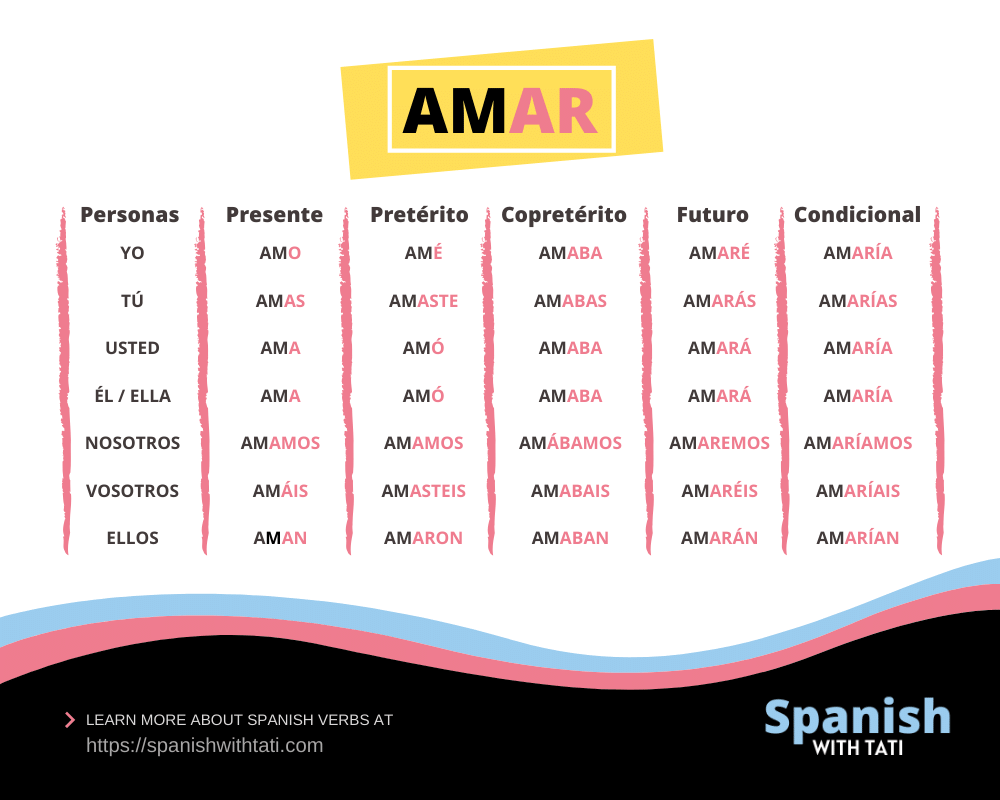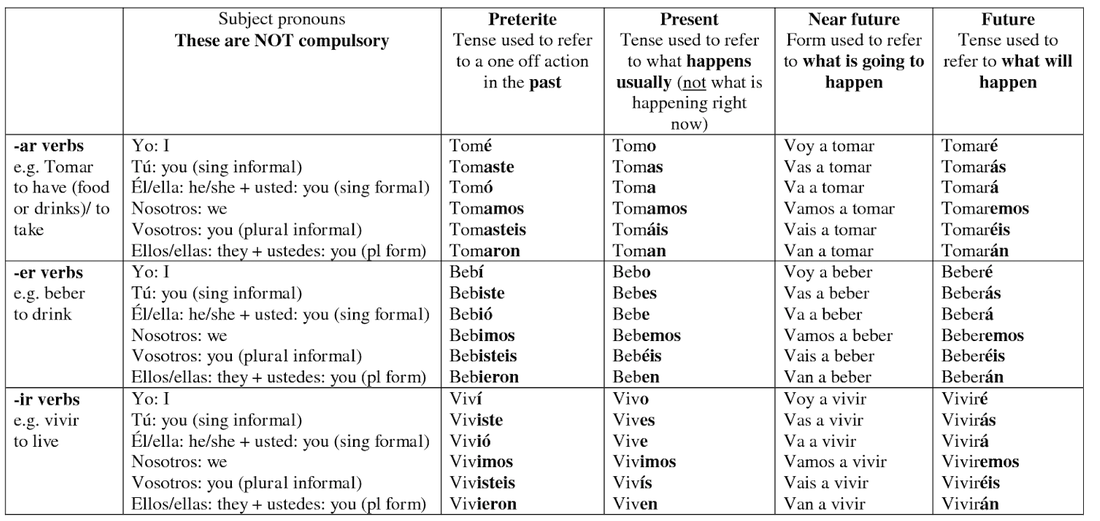

When Using Adjective Clauses Introduced By QueĪdjective clauses are a combination of words that function as an adjective, a word that describes a noun.Īn adjective clause that begins with the relative pronoun que can either be in subjunctive or indicative. It’s possible that we will go to my grandmother’s house. They provide additional information to enhance an independent clause.Įs posible que vayamos a la casa de mi abuela. When Using Dependent Clauses Introduced By Queĭependent (or subordinate) clauses are a combination of words that cannot stand alone as a sentence because they are not a complete idea.

Here are the situations in which you’d use the present subjunctive in conversation: 1. All of these scenarios are in the realm of the unreal. Use the present subjunctive when you want to express uncertainty, desire, beliefs, or possibilities.

I hope they remember my birthday! When to Use the Present Subjunctive Ojalá means I hope/pray to God, God willing, I hope, I wish, or if only. To doubt or deny something is to question its connection with reality or to express that it is hypothetical. My doctor recommends I take more vitamins. Mi doctor recomienda que tome más vitaminas. The subjunctive is also used when a person wants, asks, recommends, or suggests that another person do (or not do) something. It is necessary that Maria cook with less salt. They are subjective statements and do not necessarily reflect the actual truth or reality of the situation.Įs necesario que Maria cocine con menos sal. Impersonal expressions show an opinion or value judgement. Emotionsįeelings in this category include annoyance, anger, happiness, regret, sadness, fear, and surprise. We hope that her sister-in-law cooks well. The category of wishes includes wishing, wanting, demanding, desiring, expecting, ordering, and preferring. You’re likely to use the subjunctive in these situations. The acronym WEIRDO stands for Wishes, Emotions, Impersonal Expressions, Recommendations, Doubt/Denial, and Ojalá. The subjunctive form of the verbs dar and estar contain accents, to differentiate them from the words de and este.Įstar: esté, estés, esté, estemos, estén Using WEIRDO Verbs with the Subjunctive Interestingly, the present subjunctive stem for the verb averiguar is averigü. Present Subjunctive Conjugation- Llegar (to arrive) llegue Present Subjunctive Conjugation- Empezar (to start) empieceįor verbs that end in -gar, the g becomes gu. Present Subjunctive Conjugation- Sacar (to take out/remove) saqueįor verbs that end in -zar, the z becomes c. The following three groups of -ar verbs require a change in the final letter in the stem due to hard versus soft vowel pronunciation: -CAR Verbsįor verbs that end in -car, the c becomes qu. The one exception is for the first person singular conjugation ( yo), in which you need to replace the o with an e.Īlthough there are not as many irregular -ar verbs as irregular -er and -ir verbs, they do still exist. In general, for the subjunctive, you replace the a with an e. Let’s get started! Conjugating Regular -AR Verbsįor regular -ar verb endings, start with the same stem in the present subjunctive as in the present indicative.
#Ar verb endings how to#
This post will help you understand how to conjugate -ar verbs with Spanish subjunctive endings in every tense. This is why it can be tricky for native English speakers to learn and incorporate the subjunctive in their Spanish. In this case, contentment is a wish, and therefore not part of the current reality.ĭid you know that the subjunctive actually does exist in English? However, English doesn’t always use a specific subjunctive conjugation, while Spanish does. In other words, it expresses the meaning of the verb as a non-reality: Si fuera contenta. It’s a grammatical mood used when the speaker feels uncertain about the action of the sentence or is expressing a subjective opinion. What exactly is the Spanish subjunctive and what’s the big deal about their endings? Apby Michelle Margaret Fajkus Spanish Grammar 0 comments Subjunctive Spanish Endings for -AR Verbs in Every Tense


 0 kommentar(er)
0 kommentar(er)
